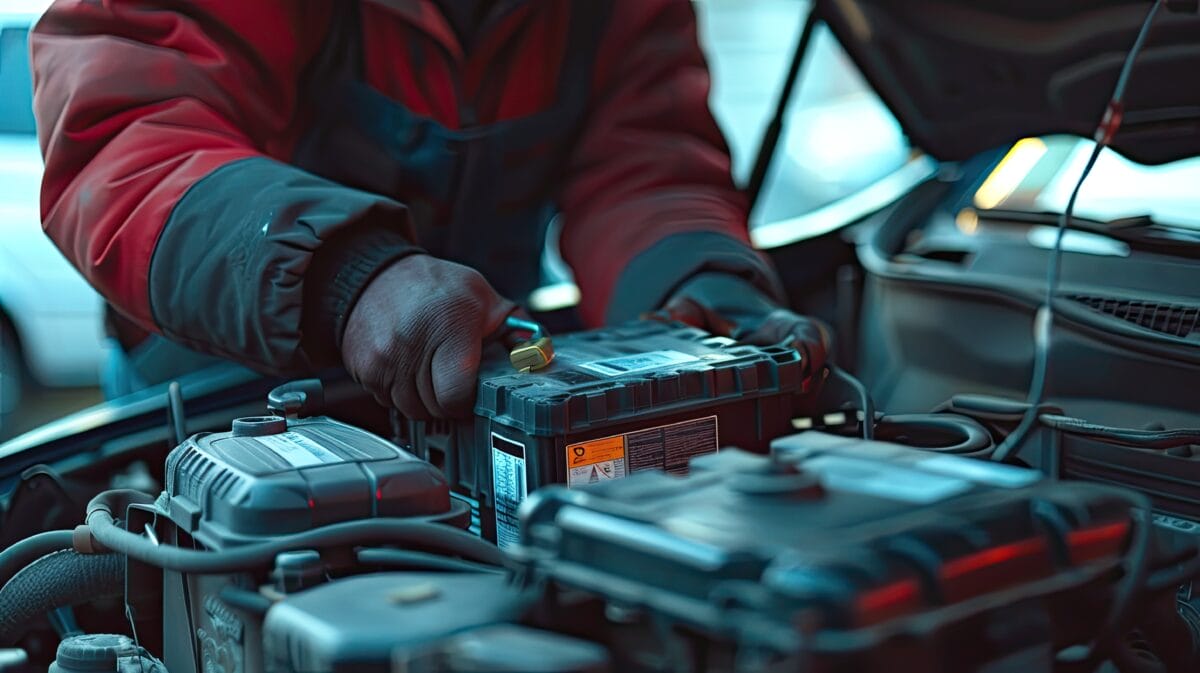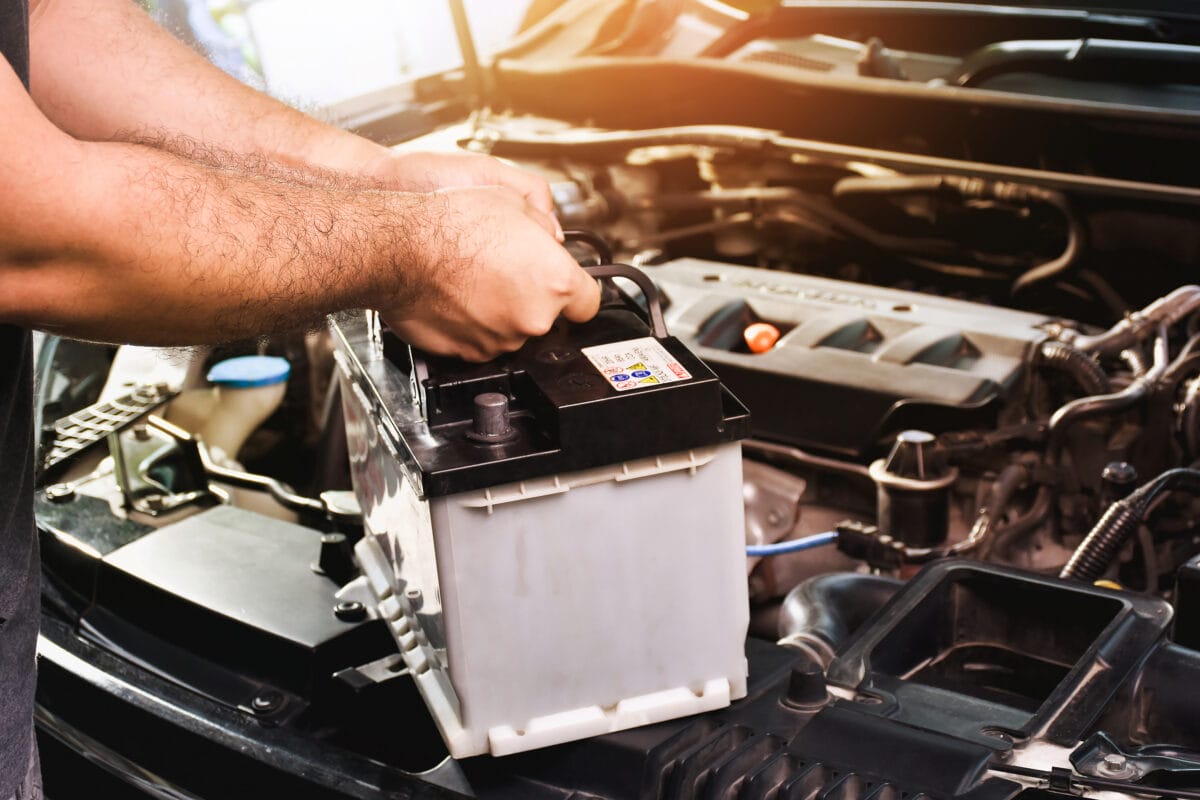What Shortens Car Battery Life: A Comprehensive Guide to Understanding and Extending Your Vehicle’s Battery Lifespan

With a scheduled service appointment at Consumer Tire, our team of ASE-certified technicians, along with state-of-the-art technology, can take care of all your vehicle’s maintenance needs. This includes new tires, tire balancing, tire rotation, and wheel alignment along with our other services. With nine work-bays, a professional team of technicians, and a reputation for dedication to doing quality work since 1962, you can rely on us to do the job right.
Uncover the secrets to extending your car battery’s lifespan with our comprehensive guide. From understanding the factors that shorten battery life to practical tips for maintenance and care, this article offers valuable insights for all vehicle owners, empowering you to make informed decisions and ensure you know what shortens car battery life.
Understanding the Factors that Shorten Car Battery Life
When it comes to the lifespan of your car battery, several factors can contribute to its premature deterioration. Understanding these factors is crucial for ensuring that your battery remains in good condition for as long as possible.
Effects of Weather and Temperature on Car Batteries
One of the primary factors that can shorten the life of a car battery is the weather and temperature conditions it is exposed to. Extreme heat or cold can affect the chemical reactions that take place within the battery, leading to a decrease in its overall lifespan. High temperatures can cause the water in the electrolyte to evaporate, leading to internal damage, while cold temperatures can slow down the chemical reactions necessary for the battery to function properly.
Impact of Short Trips and Infrequent Use on Battery Health
Frequent short trips and infrequent use of the vehicle can also have a negative impact on the health of the car battery. When a vehicle is not driven regularly or only used for short distances, the battery may not have enough time to fully recharge, leading to a gradual loss of capacity and overall lifespan.

The Role of Corrosion and Sulfation in Decreasing Battery Lifespan
Corrosion on the battery terminals and sulfation on the battery plates are common issues that can decrease the lifespan of a car battery. Corrosion can hinder the flow of electricity between the battery and the vehicle, while sulfation occurs when the battery is not fully charged, leading to the formation of sulfate crystals on the battery plates, which can reduce the battery’s ability to hold a charge.
Practical Tips for Extending Car Battery Lifespan
Now that we understand the factors that can shorten car battery life, let’s explore some practical tips for extending the lifespan of your vehicle’s battery.
Regular Maintenance and Inspection Practices
Regular maintenance and inspection of the car battery are essential for prolonging its lifespan. This includes checking the battery terminals for corrosion, ensuring that the connections are tight, and monitoring the overall condition of the battery.
Proper Storage and Care Techniques for Car Batteries
Proper storage and care techniques can also help extend the lifespan of a car battery. This includes keeping the battery clean and dry, avoiding overcharging, and using insulated battery blankets in extreme temperatures to maintain the ideal operating conditions for the battery.
Utilizing Technology to Monitor and Prolong Battery Life
Advancements in technology have made it easier to monitor and prolong the life of car batteries. Utilizing battery maintenance devices and smart chargers can help prevent sulfation and ensure that the battery remains in good condition.

Signs of a Failing Car Battery and When to Replace It
Despite taking preventive measures, car batteries will eventually reach the end of their lifespan. It’s important to recognize the signs of a failing battery and know when it’s time to replace it.
Recognizing Symptoms of a Weak or Dying Battery
Common symptoms of a weak or dying car battery include slow engine cranking, dim headlights, a check engine light, and a sulfurous odor coming from the battery.
Understanding the Average Lifespan of Different Types of Car Batteries
The average lifespan of a car battery can vary depending on the type. Conventional lead-acid batteries typically last 3-5 years, while absorbent glass mat (AGM) and gel batteries can last up to 7 years.
Factors to Consider When Deciding to Replace a Car Battery
When deciding whether to replace a car battery, consider factors such as the age of the battery, the frequency of use, and any noticeable signs of deterioration. It’s also important to have the battery tested by a professional if you suspect it may be failing.
Understanding the factors that can shorten car battery life and implementing practical tips for maintenance and care are essential for extending the lifespan of your vehicle’s battery. By recognizing the signs of a failing battery and knowing when to replace it, vehicle owners can make informed decisions to ensure their battery remains in top condition for longer. Regular maintenance and care are key to maximizing the lifespan of a car battery, ultimately saving time and money in the long run.

 Find a Location Near You
Find a Location Near You